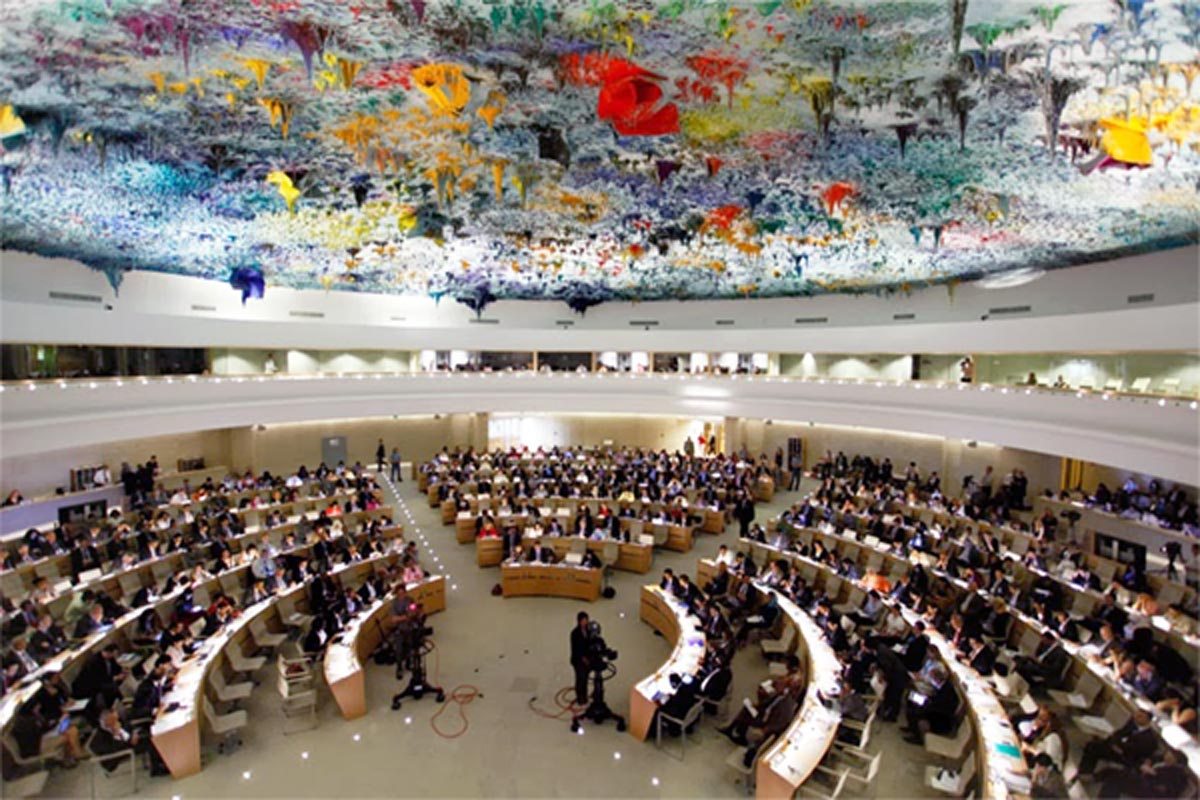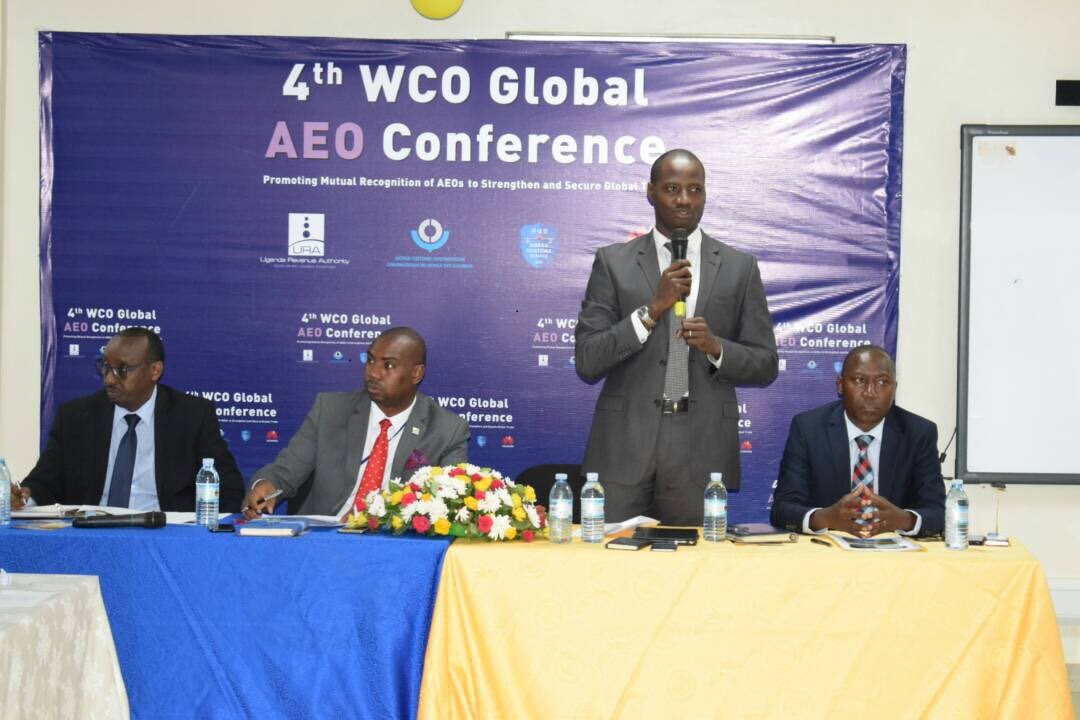Nigeria’s inflation stood at 14.33 percent in February, slowing for the 13th month in a row and driven by a decline in the pace of food price increases, the statistics office said on Wednesday. The food price index showed inflation at 17.59 percent in February, compared with 18.92 percent in January. Core inflation was 15.13 percent last month.
Statistician-General of the Federation, Dr. Yemi Kale, said in January he expects inflation to fall faster this year compared with 2017, but that spending ahead of 2019 presidential elections could stoke prices.
Food price inflation has remained in high double digits over the last year. Kale has said the country is in a harvest period and output is increasing, which would help lower food prices, but household consumption remains fragile after the 2016 recessio0n.
A stand-off that has affected Nigeria’s ability to set interest rates may also be coming to an end, with the possibility of a rate-setting meeting as early as next Tuesday.
The monetary policy committee has kept its main interest rate at 14 percent for over a year now, but economists see the central bank this year adopting a more dovish stance as inflation falls, and expect an interest rate cut in the coming months.


